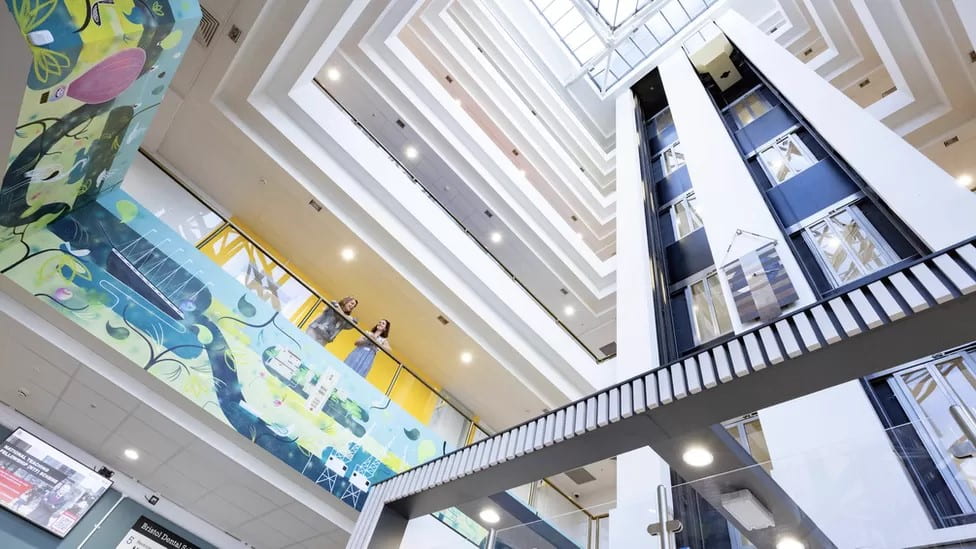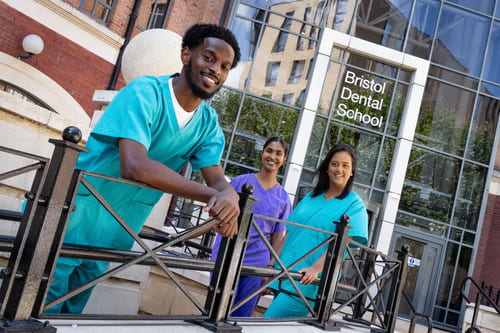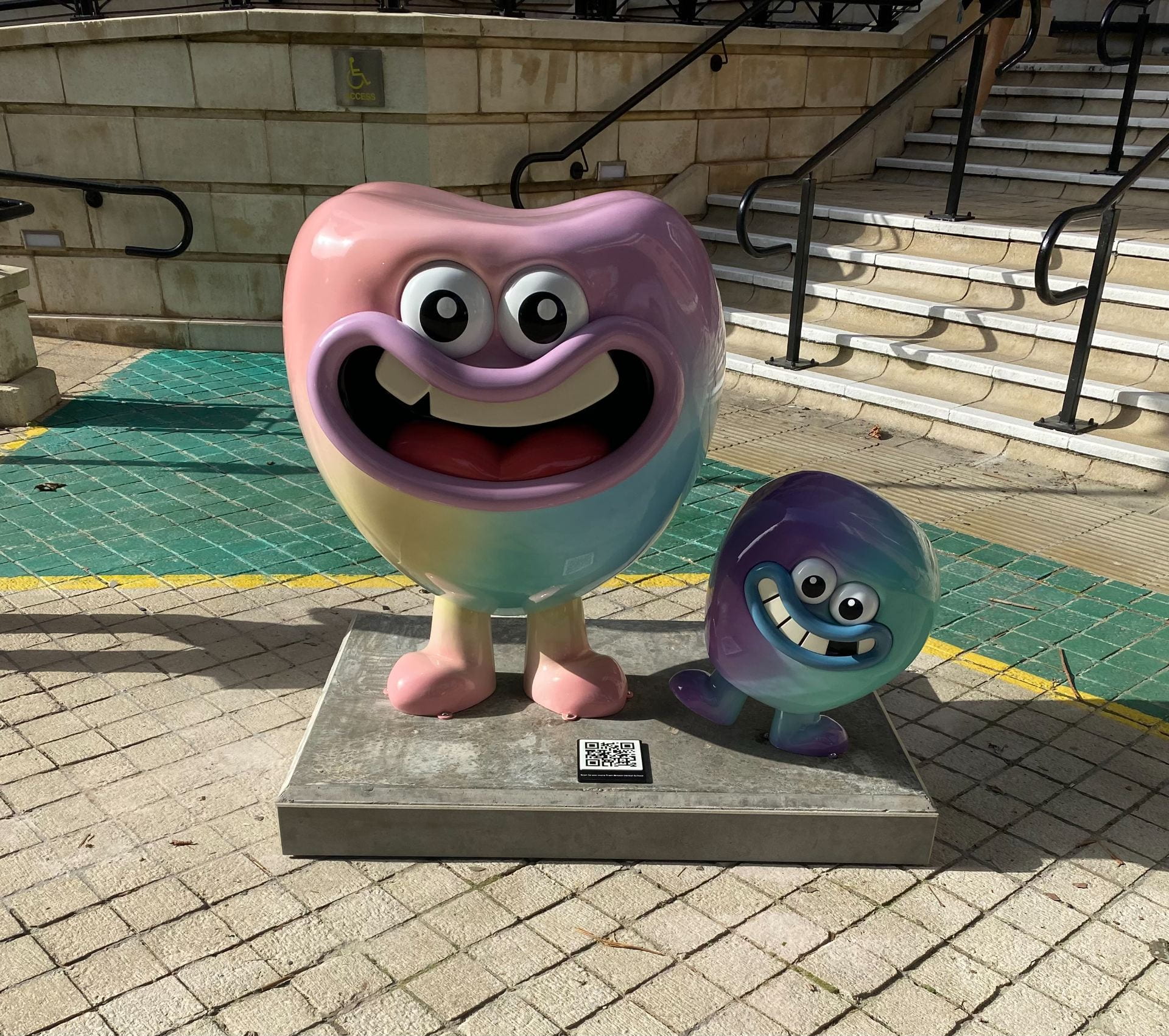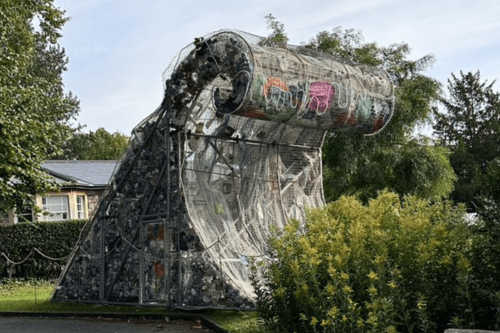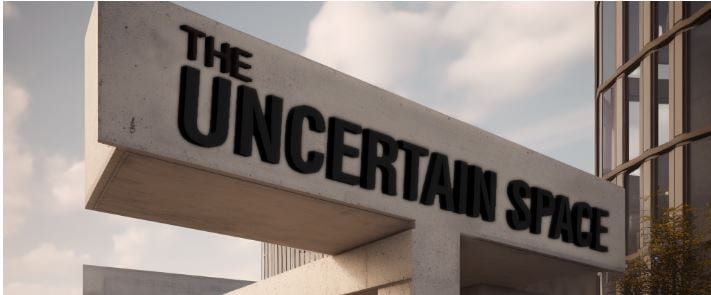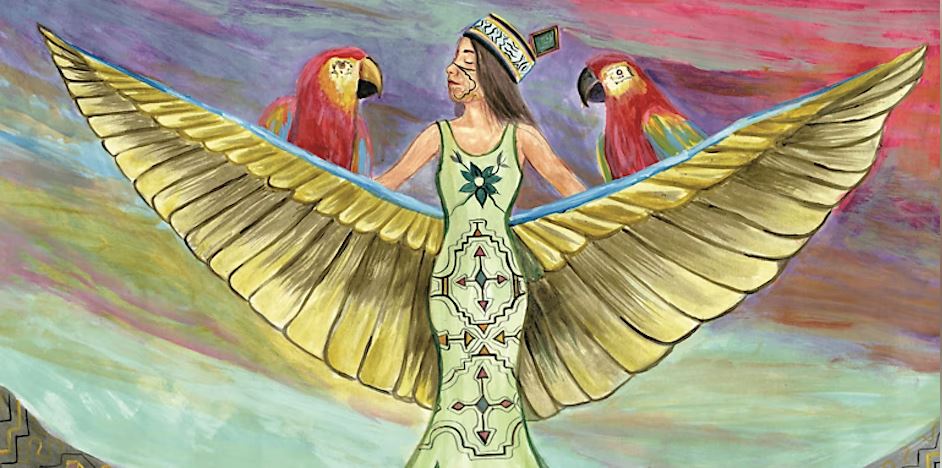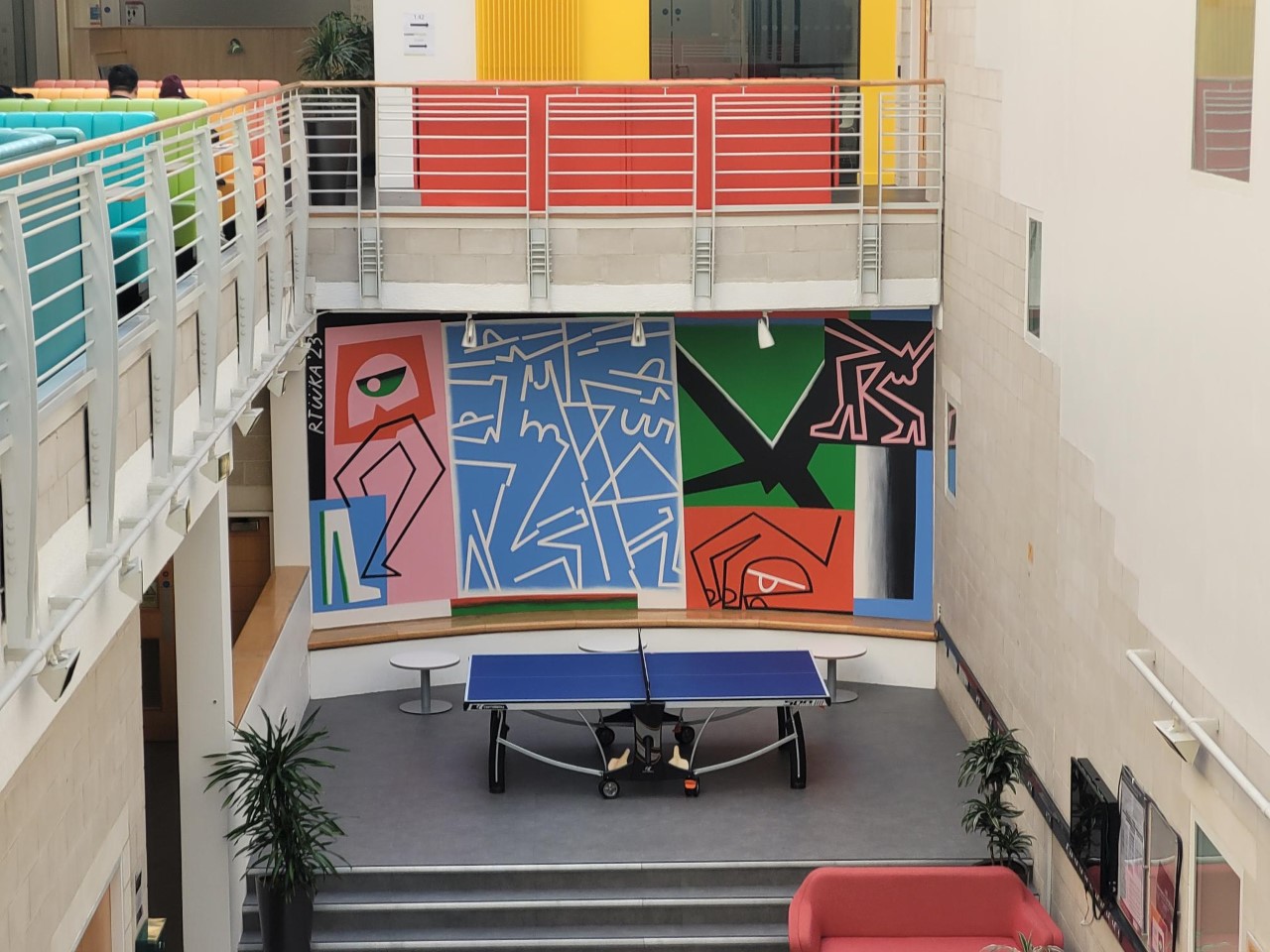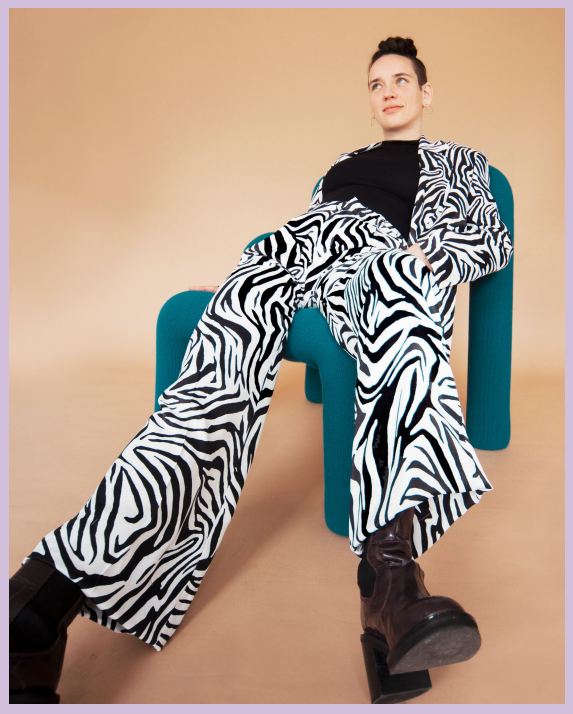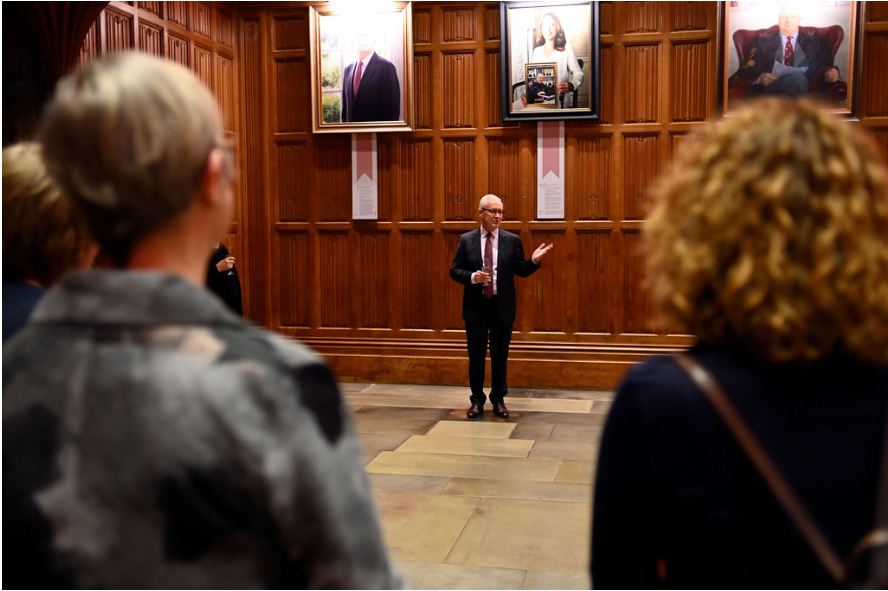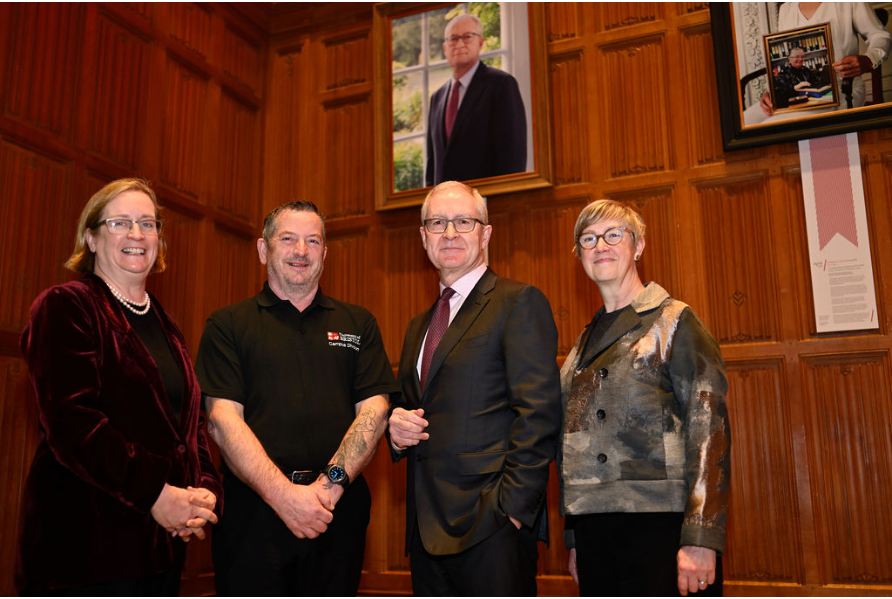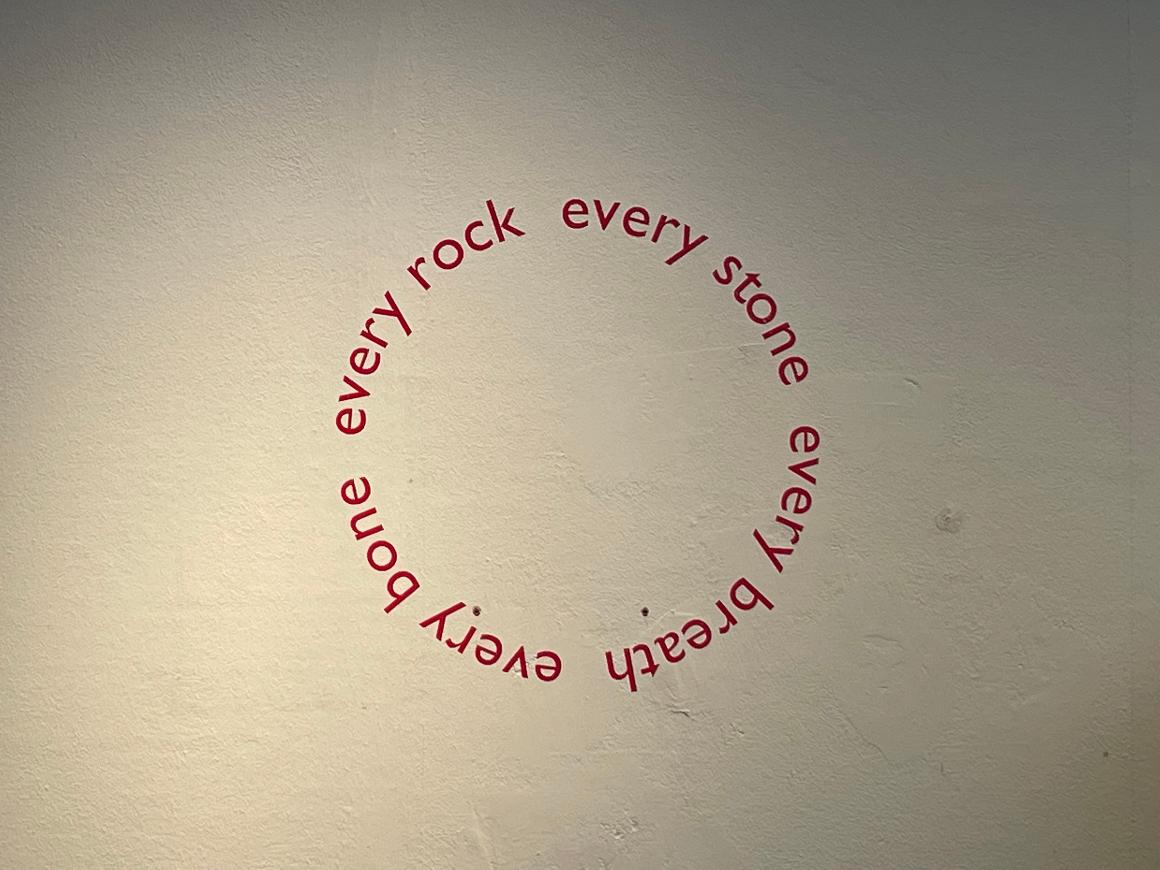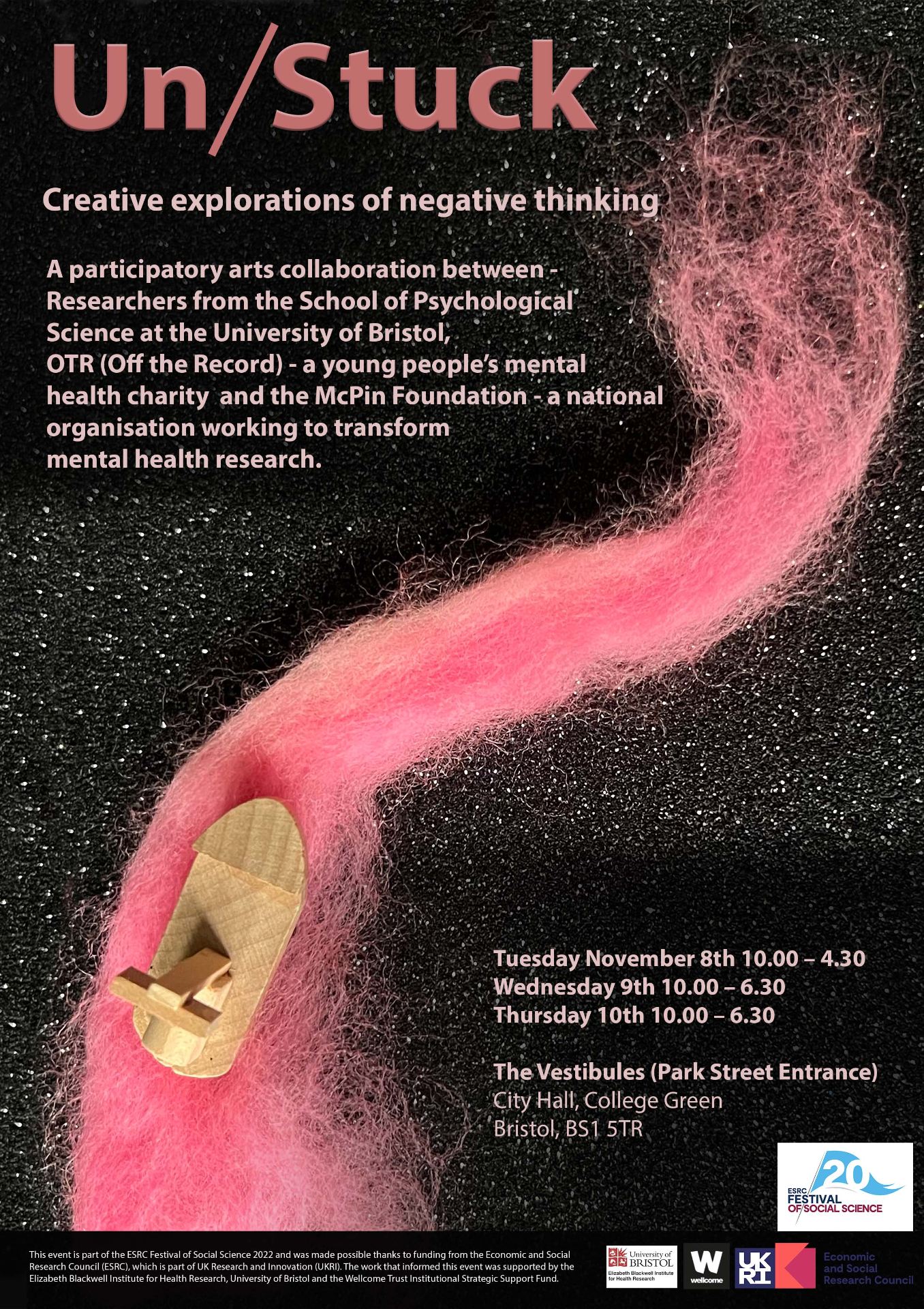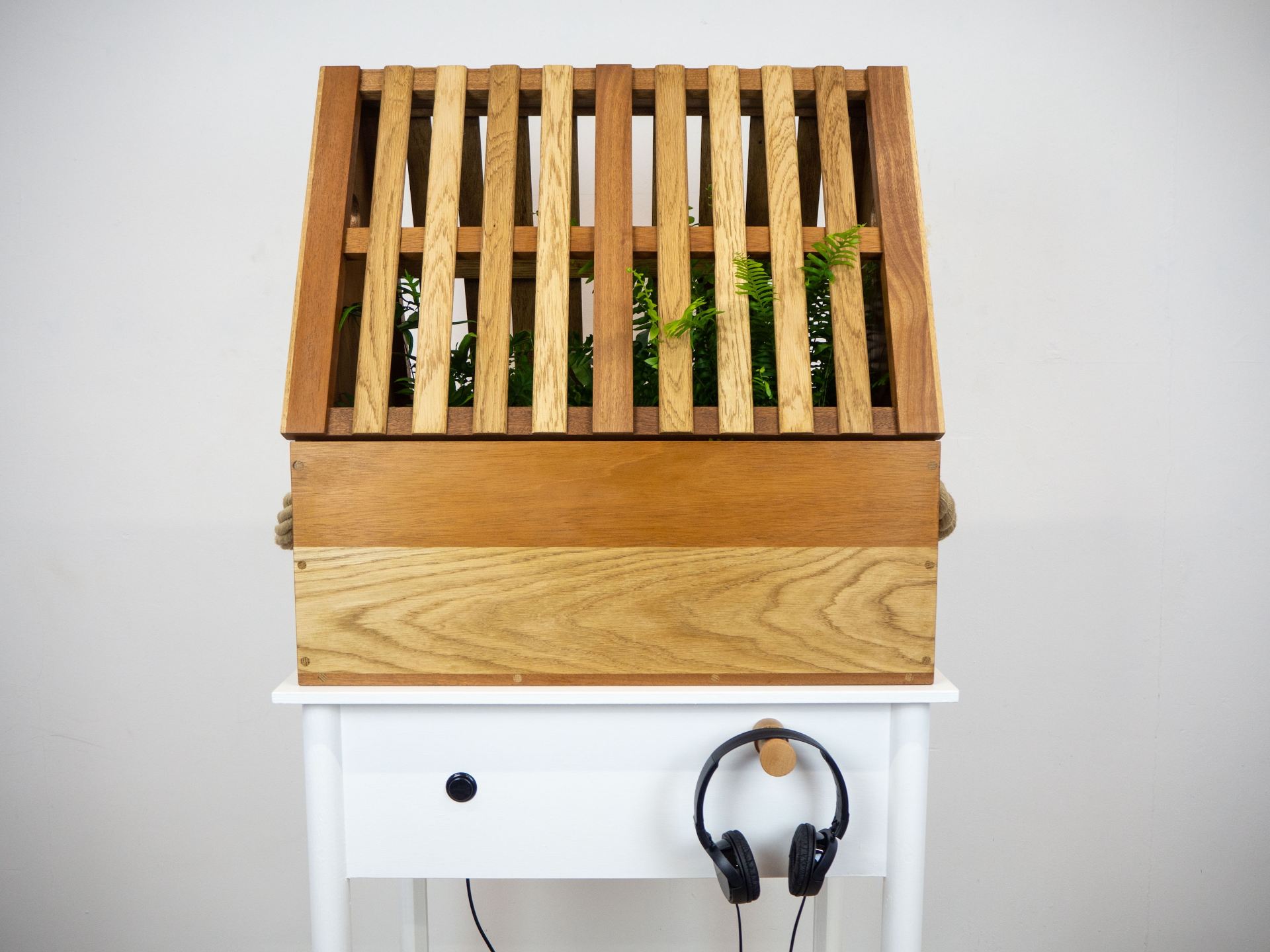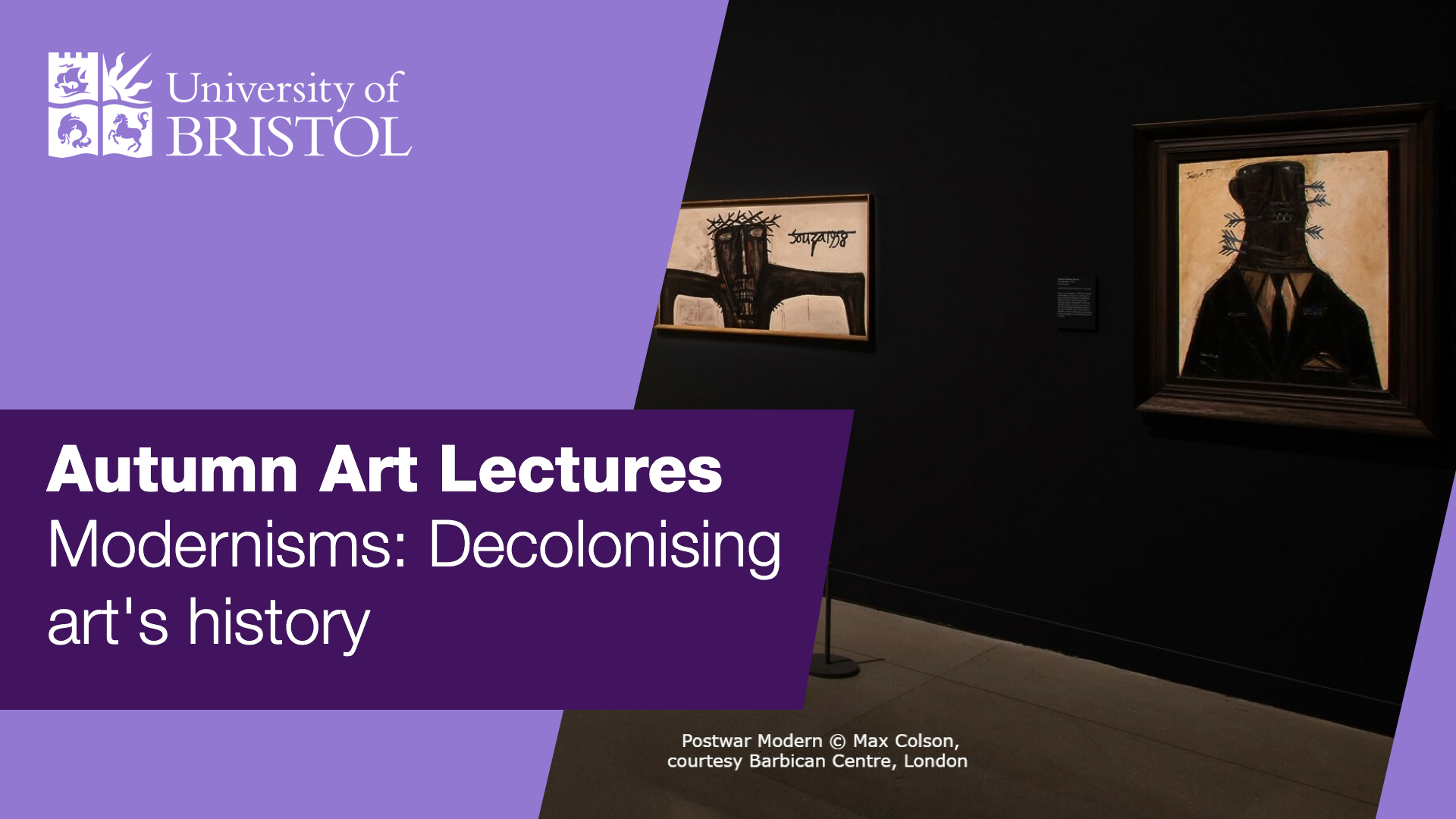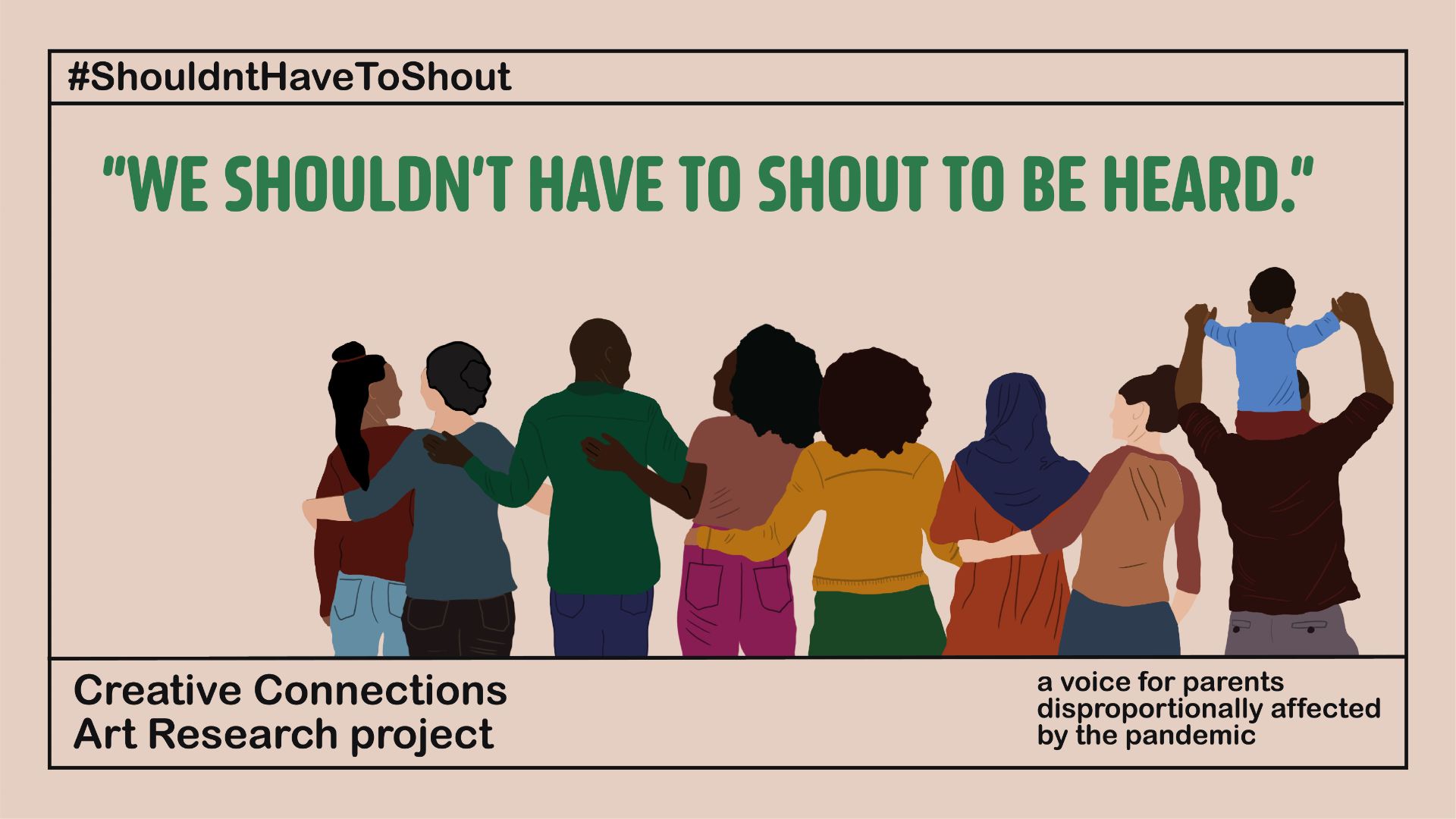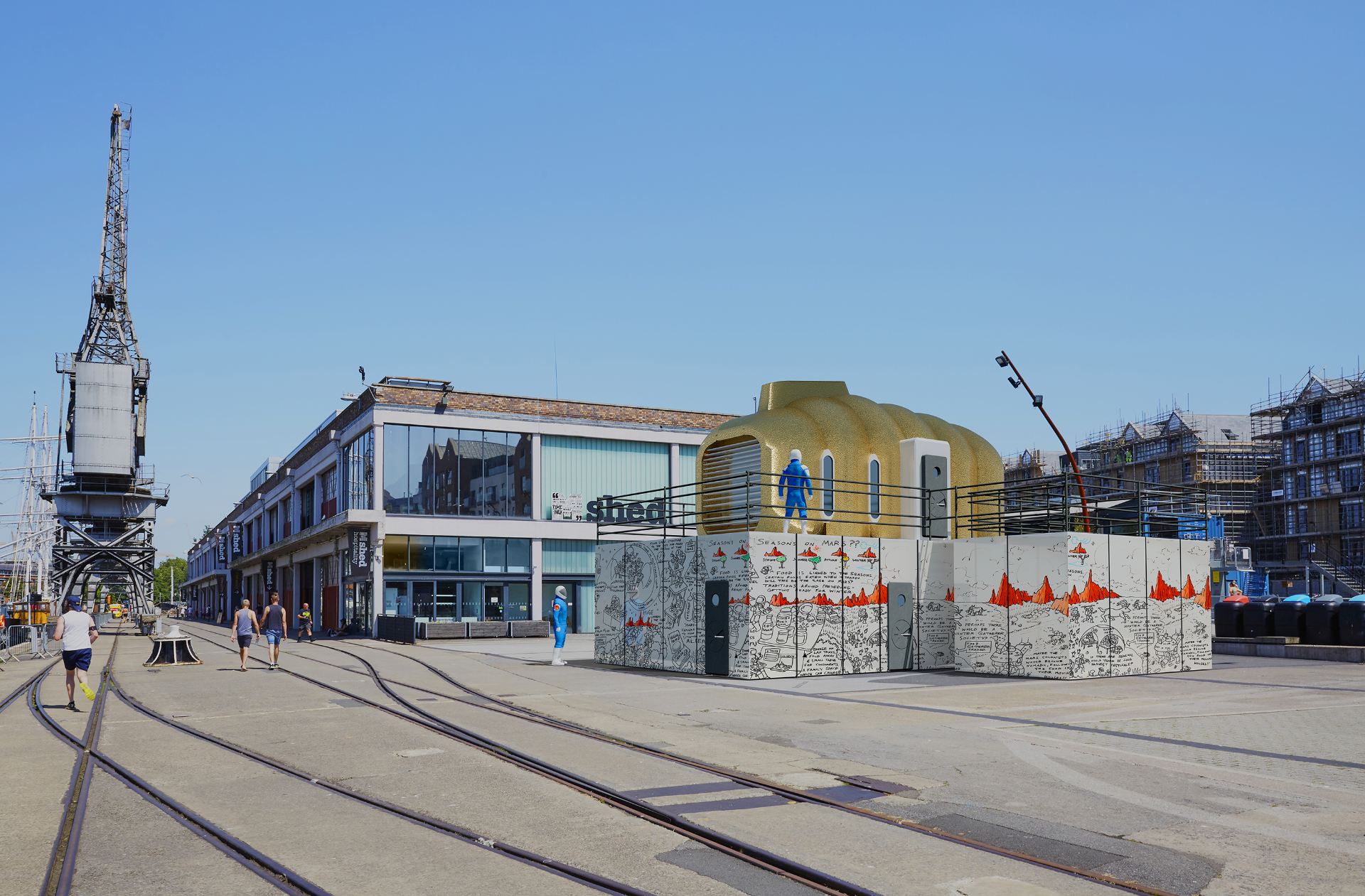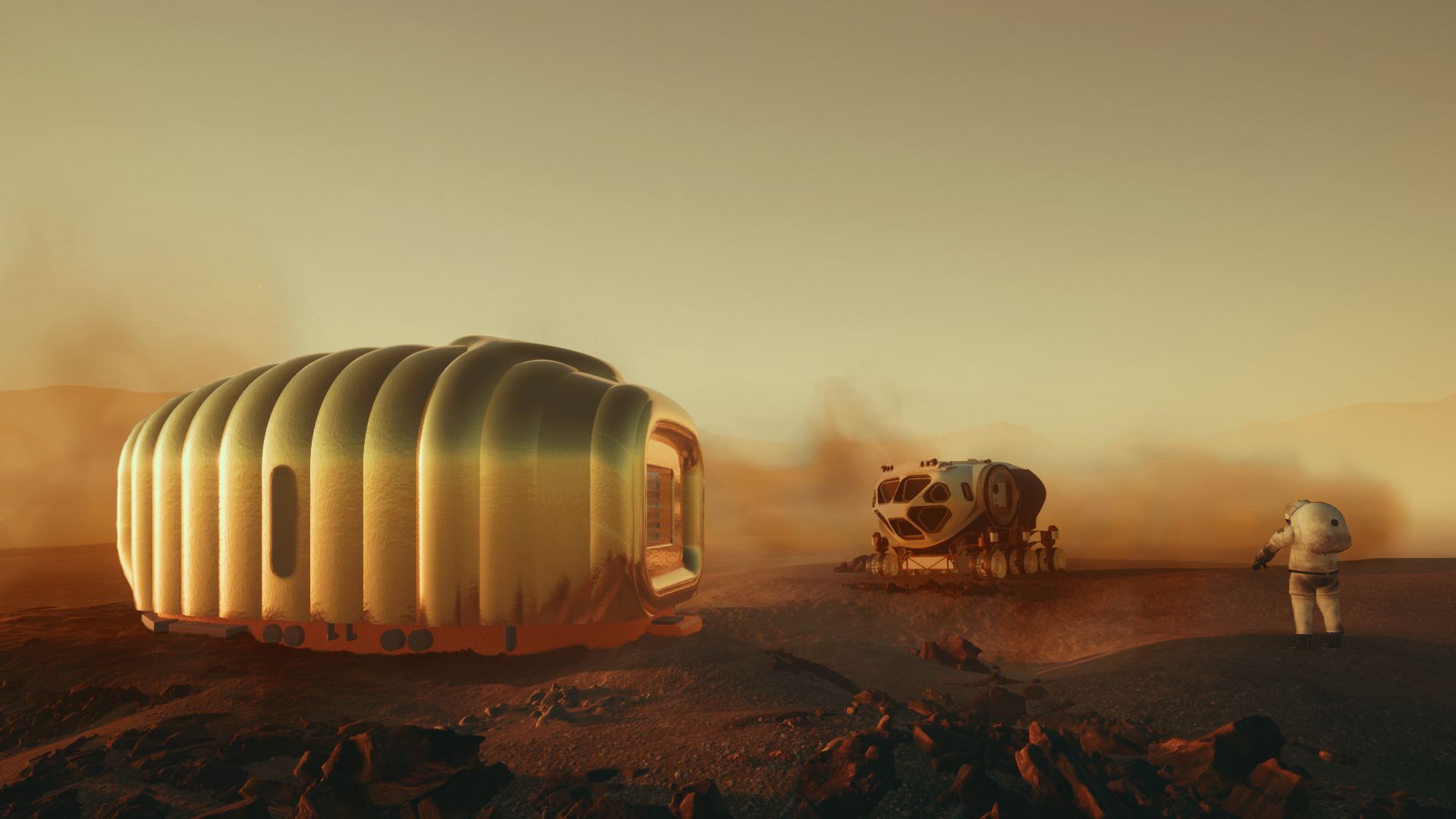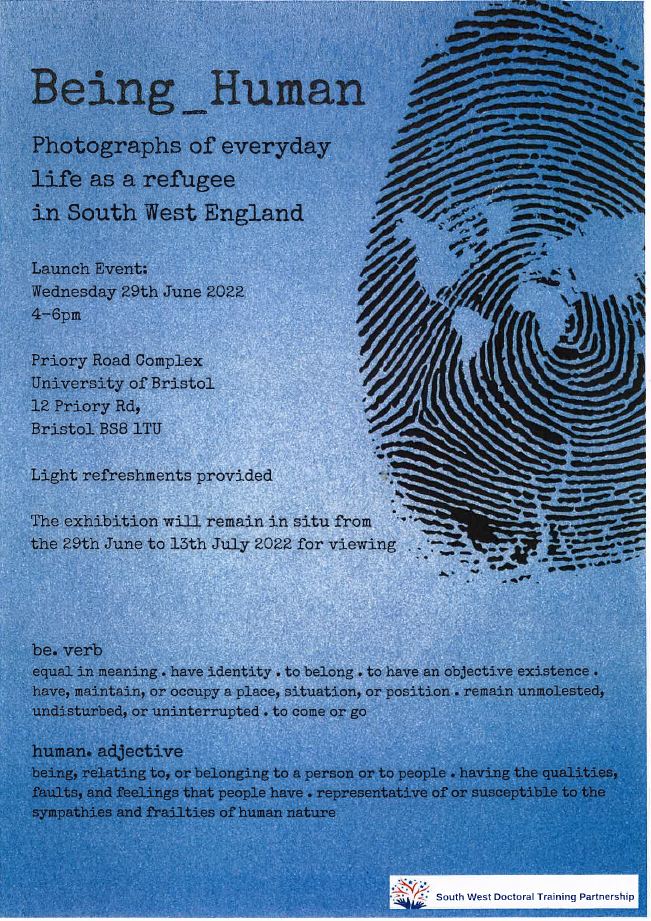Space scientists from the University of Bristol have consulted on a pioneering public art project to build a ‘Martian House’ at Harbourside – and now the people of Bristol are invited to create the interior.
5th July 2022, Bristol, UK: A full-scale house designed for future life on Mars is being built on
M Shed Square in Bristol, UK as part of ongoing public art project, Building a Martian House.
Originally conceived by local artists and Watershed Pervasive Media Studio residents Ella
Good and Nicki Kent, the project has so far brought together space scientists, architects,
engineers, designers and the public to explore how we live today and stimulate visions for
new ways of living here on Earth and on Mars.
The house will open from 17th August 2022 with a three-month programme of workshops,
talks and events for all ages. As construction begins, applications are sought from members of the public who are keen to help create the interior of the house. No experience or prior knowledge is necessary! The interiors team will work alongside the artists to design and make prototype objects to go inside.
For more detailed information about the role and what volunteers will be doing, see the project website
Applications are via this form and close at midnight on 30th July 2022.
A team led by world experts in extreme architecture, Hugh Broughton Architects,
working in partnership with design studio Pearce+, developed the design of the house. They
have created a lightweight prototype building which could be easily transported to Mars
whilst withstanding its inhospitable conditions and the real environmental challenges you
would face there – such as average temperatures of -63C and exposure to galactic and
cosmic radiation. The team worked alongside scientific and engineering experts Professor
Lucy Berthoud, Dr Bob Myhill and Professor James Norman from University of Bristol. A
cohort of construction companies led by SCF Construct have generously donated their time
and expertise to bring the project to life and funding has been provided by the Edward
Marshall Trust.
The design ideas were developed over several years, initially through public workshops with
a diverse range of participants ranging from undergraduates and school children to retirees.
Ella Good and Nicki Kent said: “Considering how we might live on Mars helps us re-think
every aspect of our lives here on Earth. Mars is a place where you’d have to live carefully
and sustainably and so helps bring sharp focus on how we live today, and in particular our
relationship with consumerism. Our ‘Martian House’ has been a real collaborative effort and
it’s been incredible to see what we can make when all sorts of people use their imaginations
and skills to work together. We are now thrilled to invite audiences to get involved for a
second time and join our interiors team to practically imagine how things might work in a
zero-waste environment. This might be creating fabrics, colours, art on the walls, or
inventions for pedal powered washing machines, as well as all the little objects of everyday
living. We hope our project shows that we can all have input into how we think about the
future”.
For further information see the full press release here.
